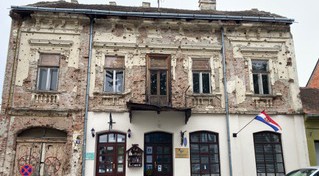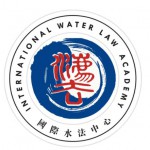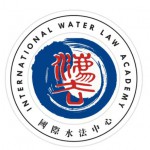RESEARCH SEMINAR: A Restoration and Integration Process for Healing Historical Collective Trauma in Eastern and Western Europe

In the twenty-first century the world faces the stark reality that’s far from any visions of an ideal world, accompanied by an epidemic of social inequality and global injustice. Many social and global issues such as the refugee crisis, climate injustice, racism, whitism, and terrorism are rooted in serious, untreated historical traumata. These traumata have been experienced by one or more members of a family, group, or community, and may have been passed down from one generation to the next through epigenetic factors.
Phenomena of collective trauma can be described more understandably through its interpretation by the quantum social science of Wendt (2016). This interpretation provides a social pathology that offers methodological recommendations (methods of treatment) for social therapy. One potential example is the collective trauma integration process (CTIP) developed by Hübl (2020) which is a method to restore fragmentation by addressing and integrating individual, ancestral and collective trauma.
His presentation will focus on one methodological consideration for building a new culture through the integration of collective and intergenerational trauma, which is a framework based on collective trauma research in psychology, sociology, and quantum social science.
Further, he will propose a comprehensive programme and curriculum to examine this legacy of fragmentation in Europe, the split histories, and the historical collective traumas that lie at the root of current and future conflicts.
Kazuma Matoba
Research Unit: Global Social Witnessing and Collective Trauma Integration, Universität Witten/Herdecke
UNU-CRIS Visiting Research Fellow
Monday, 28 November 2022
13.30 - 15.00
This is a hybrid session.
Please register below before Friday, 25 November 2022 23.59
Register to Join In-Person
Register to Join Online
Upcoming Events
Similar Events
No events found.



